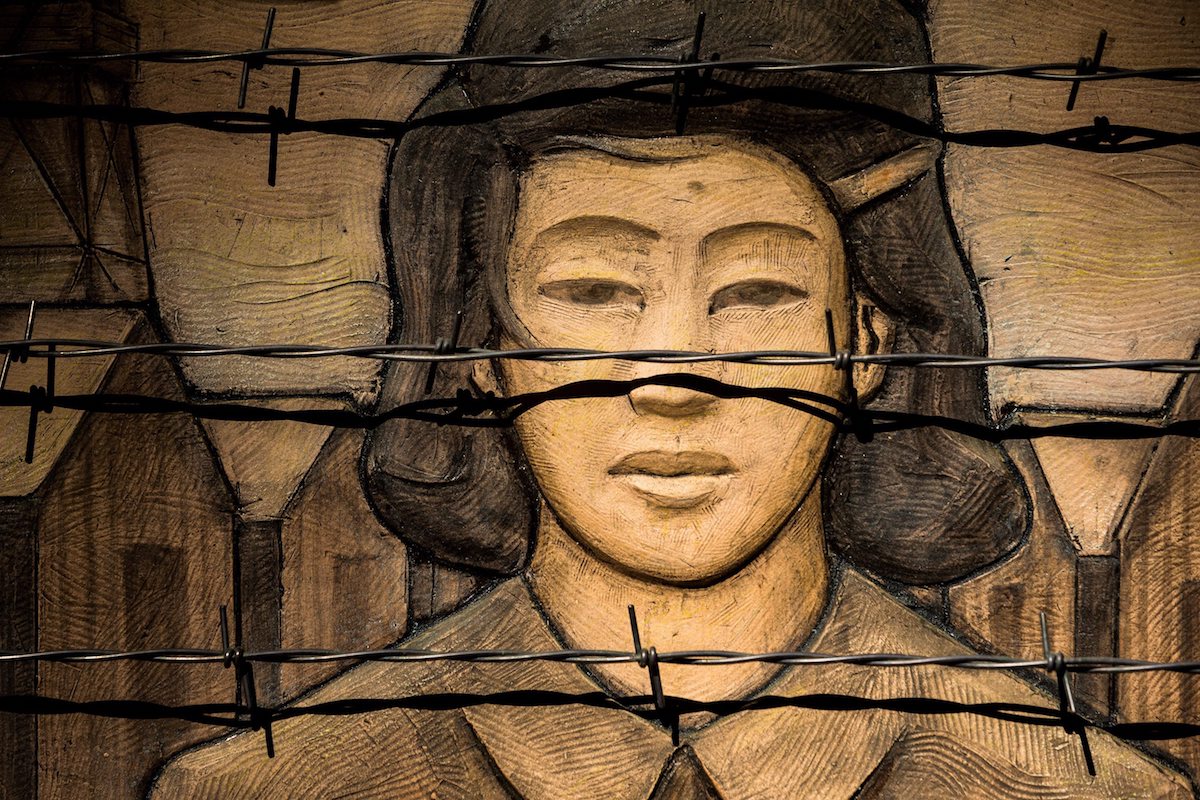Carvings and barbed wire illustrate the Bainbridge Island Japanese American Exclusion Memorial on Bainbridge Island, Wash. The site, designed by architect Johnpaul Jones, opened in 2011. (AP/Seattle Times/Jordan Stead). Featured Image
[dropcap]In[/dropcap] June, the United States House of Representatives held a debate about reparations to African-Americans. One of the questions in this discussion is why Japanese-Americans received reparations for their internment by the US federal government during the Second World War, yet African-Americans have yet to receive reparations for their ancestors’ enslavement or for other crimes committed against them. [mc4wp_form id=”6042″]
I published an article comparing reparations to Japanese-Americans and African-Americans in the journal, Social Forces, in 2004 after a colleague, Rodney Coates, professor of Global and Intercultural Studies at Miami University, asked me this question.
The answer lies in social movement theory.
My explanation is not a moral judgment on whether African-Americans should receive reparations. I believe that they should. My explanation is a scholarly interpretation of the differences between the two movements. These differences explain why it will be more difficult for African-Americans than Japanese-Americans to receive reparations.



You must be logged in to post a comment.